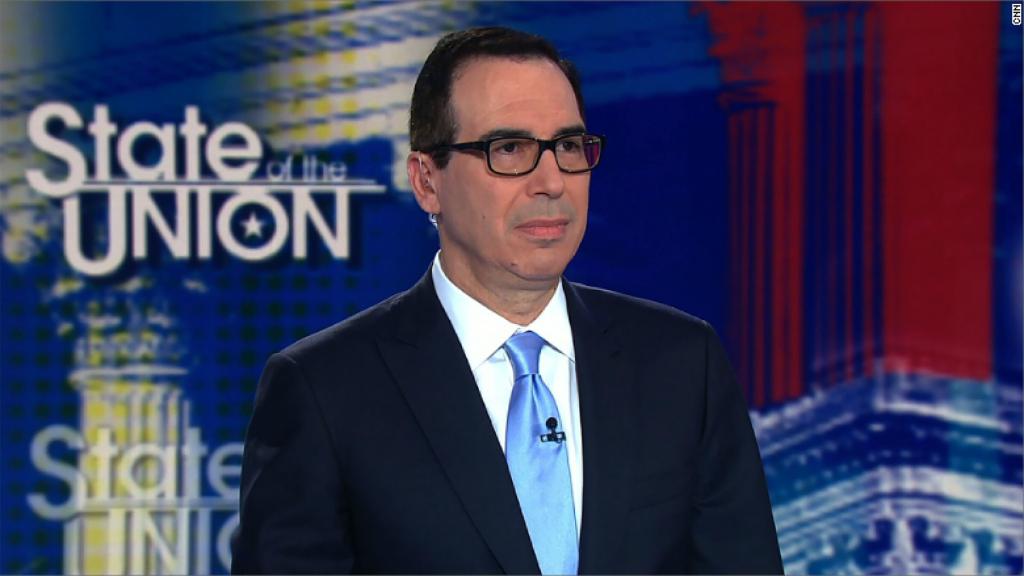
It's always good to inherit money, whatever the tax consequences. But for the lucky few, it will be especially lucrative and tax free over the next eight years.
That's because the new federal tax law doubles the amount of money that's automatically exempt from the federal estate tax -- to roughly $11 million of an estate for someone who was unmarried, or $22 million if they were married.
The provision remains in effect through the end of 2025, unless Congress extends it.
As it is, it's not like many estates have been hit with the federal estate tax over the past several years.
Even if the old exemption levels remained in place -- at $5.5 million per person ($11 million if married) -- fewer than 11,500 estates would have to file an estate tax return, and of those only 5,500 or so would end up owing any tax at all, according to estimates from the Tax Policy Center.
Those numbers drop sharply under the new law. Less than 4,000 estates will have to file every year, and 1,800 or fewer will end up owing any money, the TPC estimates.
There's even more profitable news for those who stand to inherit a serious batch.
Despite the doubling of exemption levels, the new tax law does not curtail what has been one of the most generous tax-free provisions for heirs: The step-up-in-basis rule.
Related: 34 things you need to know about the incoming tax law
The step-up rule basically lets you inherit a valuable asset without ever having to pay a capital gains tax on all the appreciation in the value of that asset that occurred before it became yours.
That's because your capital gains basis is the value of the asset the day the person bequeathing it to you dies, rather than its value the day it was first acquired.
Effectively that means that those years of gains prior to your inheritance will remain untaxed forever.
No need to die to take full advantage of new rules
Should the new estate tax provisions expire as scheduled after 2025, the exemption levels will revert to where they would have been if the federal tax overhaul never passed. So, after accounting for inflation, that likely means they'll be somewhere around $6 million for individuals and $12 million for married couples.
But if you're wealthy and have no intention of dying in the next eight years, there's still good news for your heirs.
"One does not need to die before 2026 to take advantage of this increased exemption since it can be used for lifetime gifts," said Beth Kaufman, an estate tax lawyer at Caplin & Drysdale and former associate tax legislative counsel at the Treasury Department.
Related: New tax code will still be complicated despite GOP promise to simplify
That's because you're allowed to give away money while you're alive, tax free, up to the amount of the estate tax exemption. But what you give in life will reduce your exemption at death.
Until last year, you could only give away $5.5 million (or $11 million as a couple) in your lifetime. But under the new law, you may give away up to twice those amounts without owing taxes.
Even if you die after 2025, the legislation makes clear that the gifts you make under today's higher exemption levels will retain their benefit even if the estate tax exemption level falls in the future, Kaufman said.
Here's a simple example: Say you're a wealthy widower who expects to live a long time. Today you have an $11 million exemption level. After 2025, it's likely to fall to $6 million.
By giving your kids an $11 million gift today, you effectively get to give them $5 million more tax free than you would otherwise if you waited until you die after 2025 to bequeath it to them.
